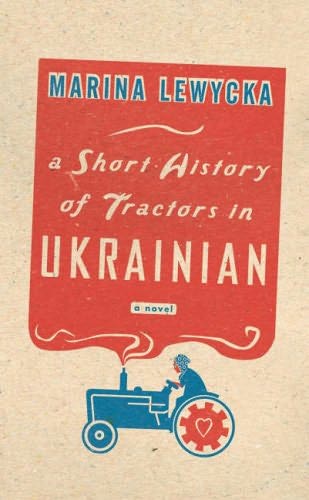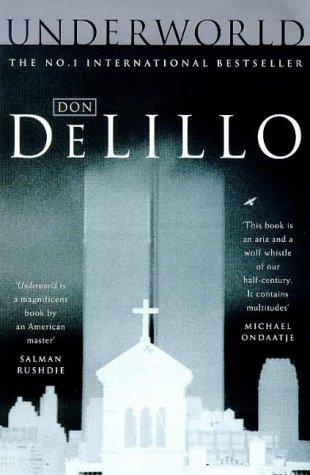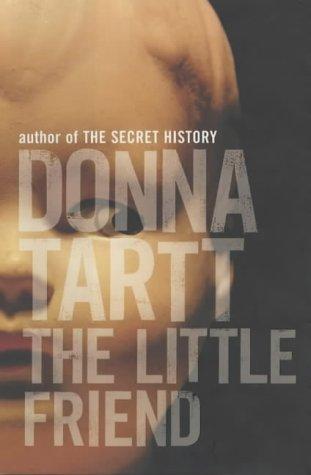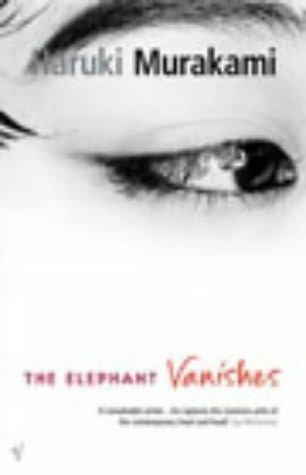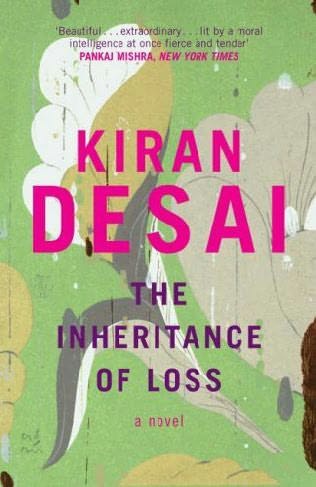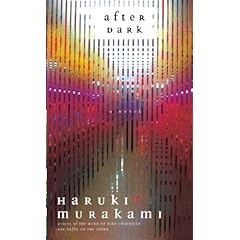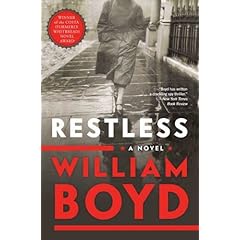
It was only when I picked up this book that I realized, 'Hey, I haven't been reading this genre for a HELL of a long time'. By 'this genre', of course I mean fantasy. There were times where I did wonder if I've outgrown this sort of thing, which is why this book has been on my shelf for a hell of a long time. Well, there's also the fact that this book is intimidatingly thick, and the fact that I had A-Levels to worry about, but since three people in my college have recommended it to me, I knew I would have to read it sooner or later.
Now I wish I'd only read it sooner.
You know, once you've read enough fantasy, you feel like you've seen everything. It's the cliche's, I tell you. All powerful thingamabob, good-natured hero, evil villain, odds stacked against the good guys, big war at the end, yeah, we've seen it all. But this book, this book is DELICIOUSLY GRAY. I've been told that it was partially inspired by the real life '
War of the Roses', my history knowledge on that one is close to nil, but that's okay, I love this story all the same.
Now um, about the word 'gray', what I mean is that the characters are (mostly) morally ambiguous. Of course, at the beginning of the story we will be mostly exposed to the 'good guys', and yes, this story still has them, but what drives the story forward is the
scheming. Some characters may seem to be plain assholes at first sight, but then you'll eventually realize that they have their reasons for being that way. Of course, like all fantasy novels, it culminates in a war, but there are good and bad guys on both sides, all complete with character flaws that make them all so believably human that it makes you almost not notice that it takes a whopping amount of time out of your life (800 pages is a lot, last time I checked)
Right, so the story is about, for the most part, members of the family of the House of Stark. The novel is divided into chapters that focus on individual characters, switching from Eddard Stark, the ruling Lord of the House, Jon Snow, his bastard son, Catelyn, his wife, Bran Stark, his seven-year old crippled son, and Arya and Sansa, both of whom are his daughters. The story starts when Eddard is called by the current King of the realm to serve as his Hand, back at the main capital in the South (The House of Stark rules the North, icebound part of the realm). There, well, as you'd expect, there are already whispers of a conspiracy to kill the current King (who is his best friend), but there is also the mystery of who crippled his son Bran to worry about, and while the King's advisors and Lords bicker amongst themselves, teetering at the edge of a civil war, we are given glimpses of one Princess Daenerys, sister of the last King, (The current King, Robert Baratheon took the throne from her brother through war. She is currently in exile) as she herself rises to power in a land far from her own. And there is also the business of something darker brewing outside the Wall to the North (which is the northern boundary of the kingdom).
Right, so uh, that last paragraph may have been a bit hard to follow. Make no mistake, the book IS heavy on details, I won't lie to you on that. But not in a Tolkienish way. It's at least bearable enough and easy to follow. Even if you hate seeing lots of names, at one point you'll just realize that the story is just so damn good that you wouldn't really care. Did I also mention that there is a lack of 'magic' as a central theme? Sure, there is some magic, but its only hinted at as a background force. This story focuses on the people, the scheming, the politics. And it does it so well that you won't be able to guess what comes next no matter how much you've read in the past.
Die, Tolkien. This book should be put right up there as one of the all time greats.
(okay, so Tolkien IS dead -_-)
Perfectu scoreu..

